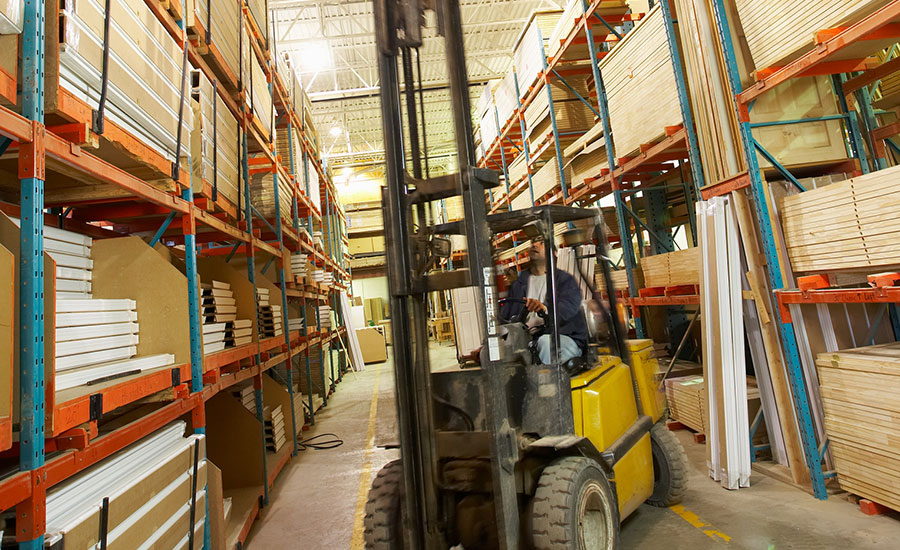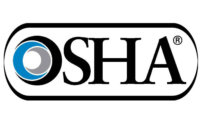From the U.S. Department of Labor:
Putting the brakes on unsafe conditions – wherever we find them

Nobody would want to drive a vehicle that wasn’t properly maintained and lacked important safety features. Yet at one shipping company that operates nationwide, Central Transport LLC, workers were required to operate unsafe forklifts.
In fact, after performing “breakdown maintenance,” this company often sent forklifts back into service without repairing known safety problems − including non-functioning horns and lights, leaking fluid and deficient brakes, among other issues. At times traversing loading docks with limited visibility, sometimes on icy or slick floors, and carrying heavy loads, these forklifts posed serious dangers to their drivers and pedestrians.
Workplace hazards like these claim lives, and injure and maim workers every day. Forklift accidents alone cause about 85 fatalities and 34,900 serious injuries each year. Most of these life-altering incidents are preventable. Regrettably, not every employer does what they need to do to – and what the law requires – to make sure that their workers are safe.
In the case described above, Occupational Safety and Health Administration inspectors found the same deficient forklift practices over a period of years at multiple shipping terminals. Because of the scope of this problem, OSHA decided to take action to protect the workers not only at terminals where specific violations had been observed, but across all terminals in federal OSHA's jurisdiction.
This kind of “enterprisewide” enforcement is an important tool to ensure protections for all workers exposed to the same or similar significant, preventable hazards at multiple worksites of a company.
In the forklift case, the department’s Office of the Solicitor filed a complaint with the Occupational Safety and Health Review Commission seeking abatement of the cited hazards at every location where those hazards were present. Following vigorous litigation − including unsuccessful efforts by Central Transport to convince the administrative law judge that the department has no authority to bring actions for enterprisewide abatement − the case settled a few weeks ago.
Central Transport has agreed to remove any damaged, defective and unsafe powered industrial trucks (another term for forklifts and similar equipment) from service at 106 of their shipping terminals in 26 states. The agreement also requires the company to hire an independent third-party monitor to evaluate, update and improve its existing procedures for preventive maintenance repairs, operator inspections and the safe operation of forklifts.
Working together, OSHA and the Office of the Solicitor have obtained a number of similar orders in the past few years, including:
- Fall protection and training for roofers working at all 14 affiliated entities of Nations Roof operating around the country.
- Revised electrical safety program and appropriate protective gear for workers at all U.S. Postal Service facilities − including all processing and distribution centers and post offices across the country.
- Proper guardrails installed at elevated storage facilities, enhanced safety program at more than 60 Market Basket supermarkets in Massachusetts and New Hampshire.
- Appropriate, regular inspection regimes for hydraulic lifts at hundreds of Monro Muffler Brake locations along the Eastern seaboard and in the mid-west.
- Clear emergency exits and egress routes free from obstructions, for workers at over 2,400 Dollar Tree Stores around the country.
Many employers share our goal of making sure every worker comes home safe and healthy every day, and act accordingly. But too many still place worker safety far down the list of priorities.
In those cases, enterprisewide enforcement has been, and will continue to be, an important tool for applying the brakes on unsafe conditions.
To report emergencies, unsafe working conditions, safety and health violations, to file a complaint, or to ask safety and health questions, call OSHA at 1-800-321-6742 or find your local office here.
Looking for a reprint of this article?
From high-res PDFs to custom plaques, order your copy today!




